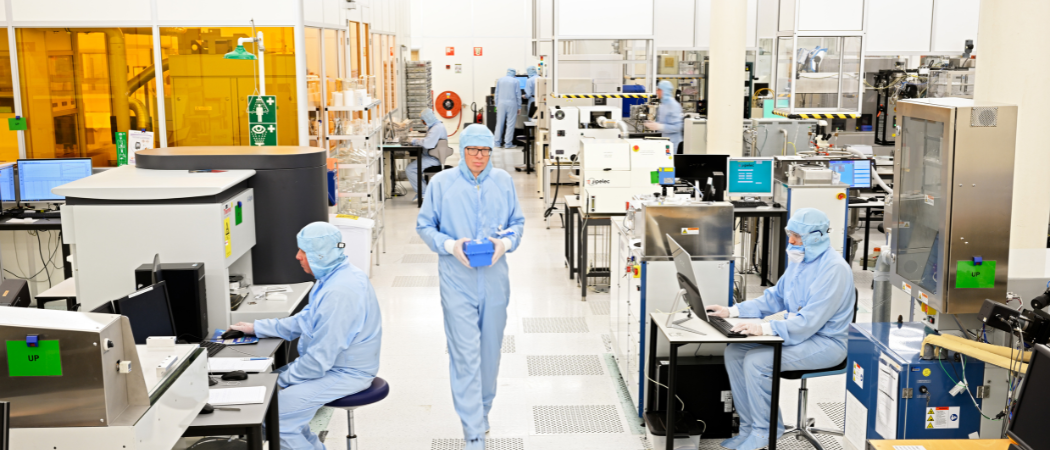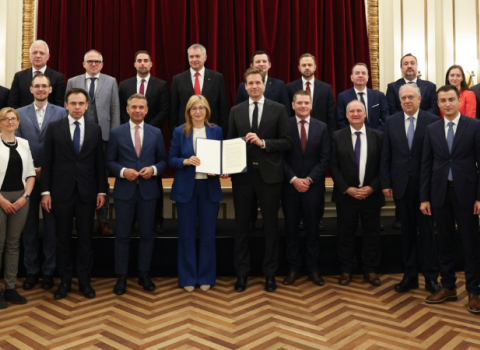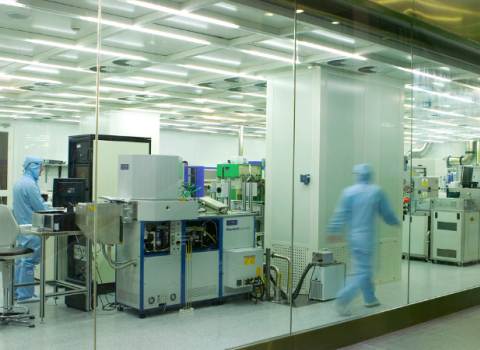Public-private collaboration, a strong focus and bringing researchers together are at the heart of Eindhoven’s semiconductor strategy

Researchers working in TU/e’s Nanolab cleanroom. Photo credits: Bart van Overbeeke Photography
The Dutch city of Eindhoven has established itself as an essential hub in the global semiconductor industry. The world’s most advanced chips could not be manufactured without local firm ASML’s extreme ultraviolet lithography machines, while companies such as NXP are designing the next generation of chips for automotive and other industries.
Now, after establishing a new research institute, Eindhoven University of Technology (TU/e) wants to become Europe’s leading chip university and help the EU realise reduce its dependence on other parts of the world for this critical technology, which is at the heart of everything from drones to smart phones.
On September 30, TU/e launched the Casimir Institute, which brings together three existing centres and over 700 scientists working on semiconductors, quantum technology, photonics, advanced materials, high-tech systems and fundamental research.
…
Discover the latest in research funding every Tuesday with Funding Newswire. Dive into detailed articles with our monthly or yearly subscriptions or start with a free trial
NOTE: if you're a part of one of our Network member organisations, you get free access by signing up with your institutional email. Verify your eligibility here.





 A unique international forum for public research organisations and companies to connect their external engagement with strategic interests around their R&D system.
A unique international forum for public research organisations and companies to connect their external engagement with strategic interests around their R&D system.